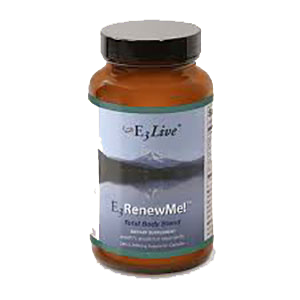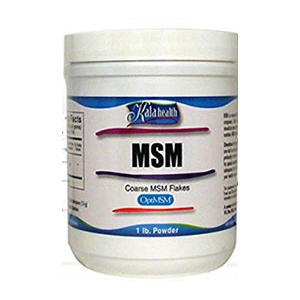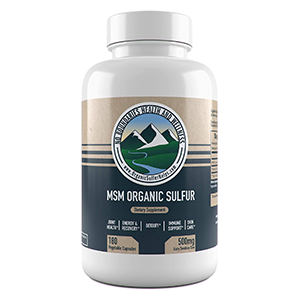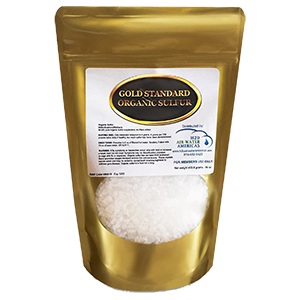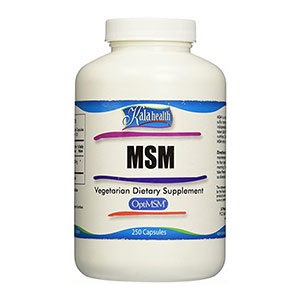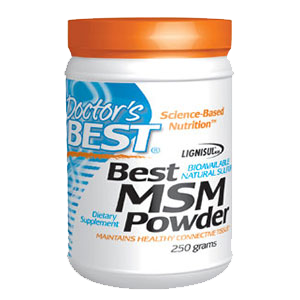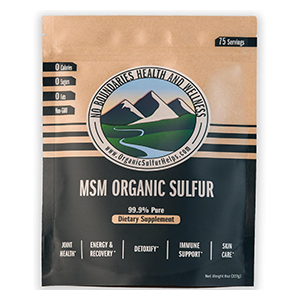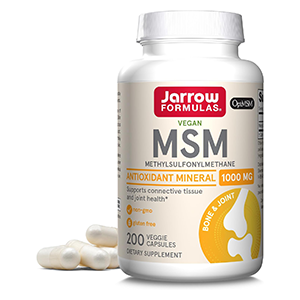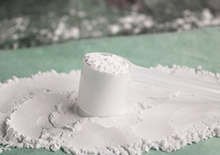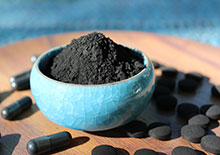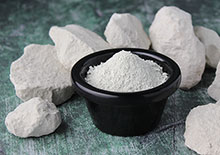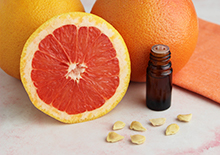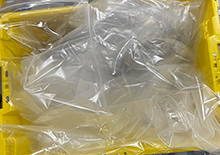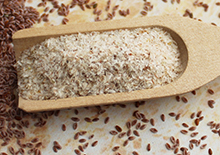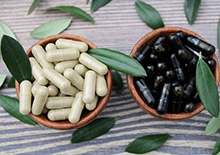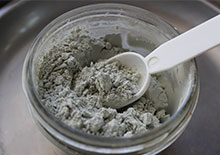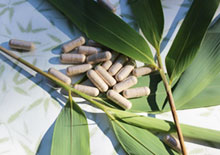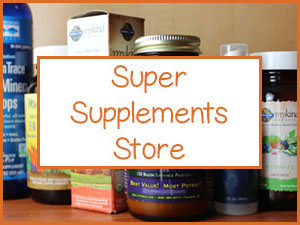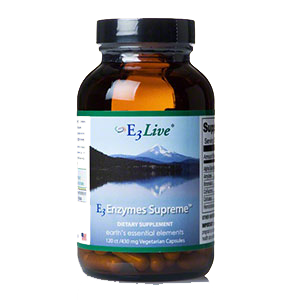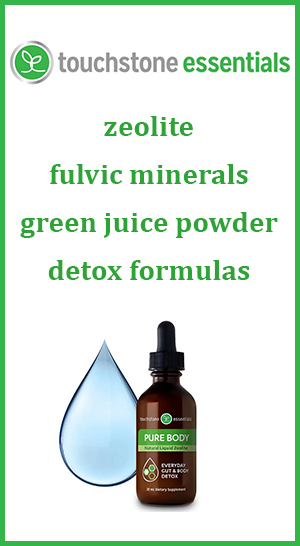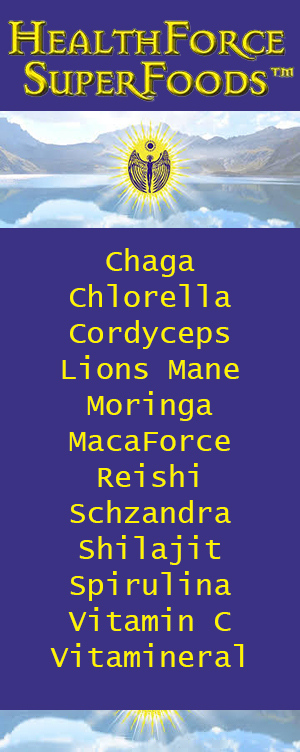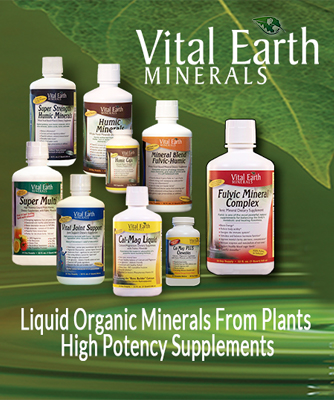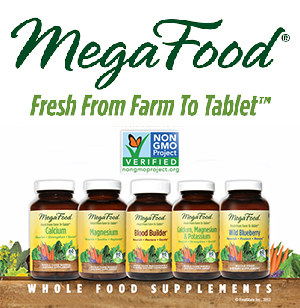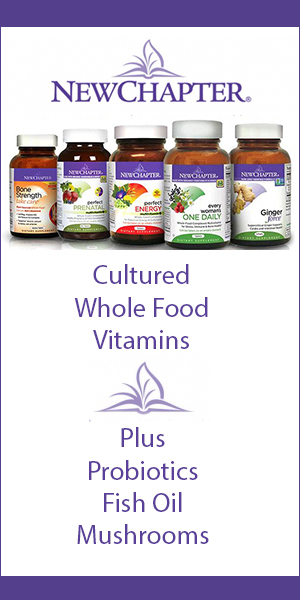- Home
- Super Supplements
- MSM Supplement
MSM Supplement (Methylsulfonylmethane) Commonly Asked Questions
What is MSM? | What is it Made of? | Why Do We Need Sulfur? | What are Benefits? | How Do You Use? | Is It Natural? | What Does OptiMSM Mean? | What About Dosage? | Other Reasons to Take | Precautions | Shop
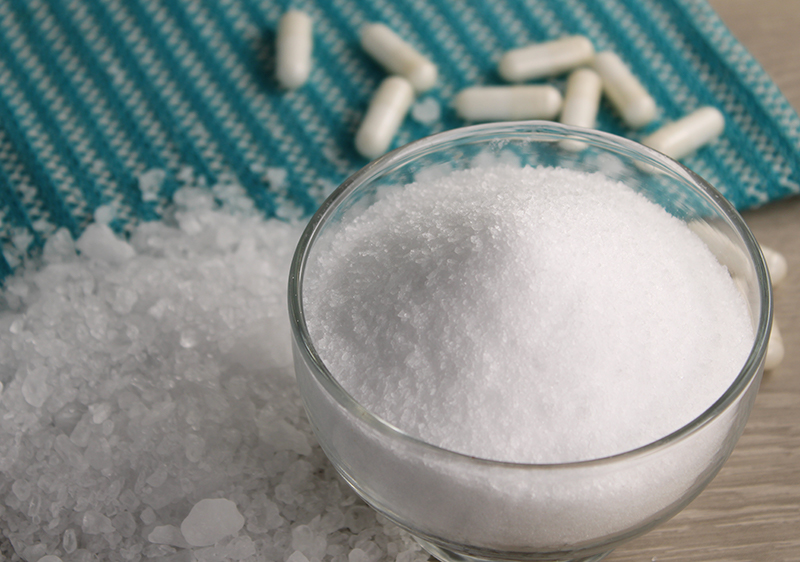
We created our first informational review on MSM over nine years ago, and it has recently become some of our top-viewed content.
So, we thought we'd give an updated version, answering some common questions about this potentially valuable sulfur-based supplement.
What is MSM?
Table of Contents
What is MSM? | What is it Made of? | Why Do We Need Sulfur? | What are Benefits? | How Do You Use? | Is It Natural? | What Does OptiMSM Mean? | What About Dosage? | Other Reasons to Take | Precautions | Shop
MSM is short for the very long word methylsulfonylmethane (methyl-sulfonyl-methane). Many of you may be familiar with the liquid solvent known as DMSO (dimethyl sulfone).
White MSM chunks or powders are basically the water-soluble crystalline form of this compound. Some even use the terms DMSO and MSM interchangeably, but they are a bit different. While MSM is for internal use, DMSO is designed for topical use only.
Utilized as a dietary supplement, MSM has been around since the early 1980s. And, of course, its popularity has continued to grow because of the evidence and testimonials supporting its main health benefits.
What is an MSM Supplement Made of?
MSM essentially offers a highly bioavailable form of the mineral SULFUR.
In scientific terms, MSM has the formula (CH3)2SO2 and is also called organosulfur (organic compounds that contain sulfur).
It is composed of about:
34% sulfur
34% oxygen
26% carbon
6% hydrogen bonds
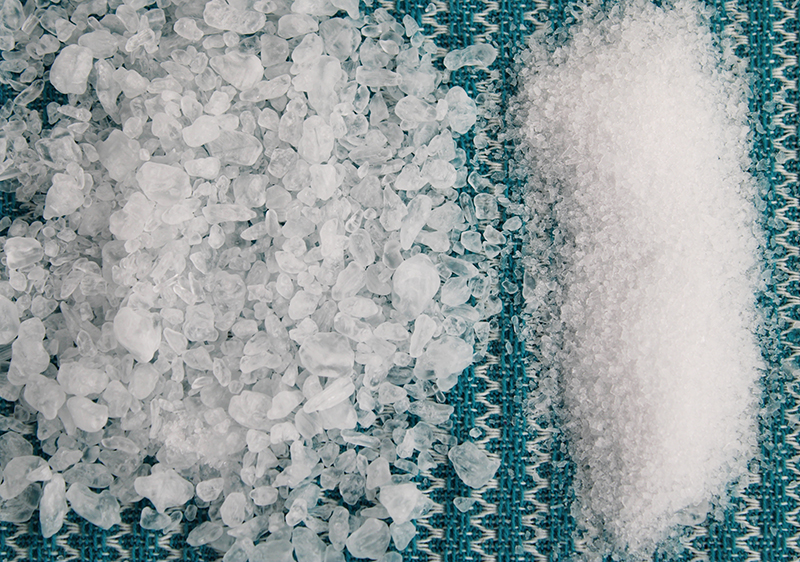
Why Do We Need Sulfur?
Humans need to consume dietary sulfur and small amounts are typically found in a protein-rich diet as it is a component of the two amino acids methionine and cysteine.
Common food sources include things like eggs, garlic, onions, cruciferous vegetables and pasture-fed meats and dairy.
There is however some speculation about whether or not we are on average getting adequate amounts of sulfur in the diet. This is due to conventional farming practices that use chemical fertilizers which decrease soil-based sulfur significantly. Also, sulfur gets degraded when heated, frozen or when highly processed in foods.
The amount of sulfur you may require is also dependent on your level physical exertion, dietary habits as well as age. For example, sulfur levels are known to drop the older we get, when malnourished and when the body is stressed.
Enter MSM to balance this dietary equation. Science likewise validates that the concentration of sulfur in an MSM supplement is much higher than any food source.
Regular or intermittent use is shown to be especially useful for the following top intertwining reasons.

What are the Top Two Benefits of MSM?
1) JOINT HEALTH - Sulfur is an essential building block for joint and cartilage integrity. Therefore, one of MSM's most noteworthy attributes is as a nutritional supplement for the health and maintenance of the joints, bones and connective tissue.
A great attribute of MSM is that it is easy to assimilate, identified to have a rapid absorption rate as shown in some research.
2) ANTI-INFLAMMATORY for PAIN MANAGEMENT - MSM is an anti-inflammatory agent known to offer analgesic properties, especially in regard to the joints and age-related weaknesses such as arthritis. It’s often combined with two other sulfur-containing supplements chondroitin and glucosamine for these issues.
In a 2023 study on healthy participants, 2,000 mg (2 grams) of MSM divided into two daily doses was shown to improve mild pain in the knees. Likewise, in other science, 3 grams of MSM a day was proposed to lessen the discomfort/pain following strenuous exercise in young men tested.
How Do You Use MSM?
When it comes to an MSM supplement, it is important to start out slow and build up to higher amounts.
It is available in capsule form, as larger crystalline chunks or as white powdered crystals.
We personally prefer the powder, but the bitter taste can take some getting used to.
Both the chunks and crystals dissolve easily in a glass of water which should ideally be consumed on an empty stomach first thing in the morning or 30 minutes before or 2 hours after a meal.
Further below we will offer more info on average dosage amounts.
Is It Natural?
DMSO and MSM naturally exist in the earth's atmosphere and are major components in a process called the "sulfur cycle".
In short, this involves the conversion of atmospheric sulfur to DMSO and then to MSM which is concentrated in water vapor, falls to the earth as rain, and taken in by plants.
MSM supplements are initially made from dimethyl sulfoxide or DMSO, which is a common by-product of the wood pulp and paper-making industry. (*)
MSM is created via the catalytic reaction between dimethyl sulfoxide (DMSO) and hydrogen peroxide (H2O2). While it is laboratory processed, the powder or crystals are considered to be chemically identical to that found in nature.
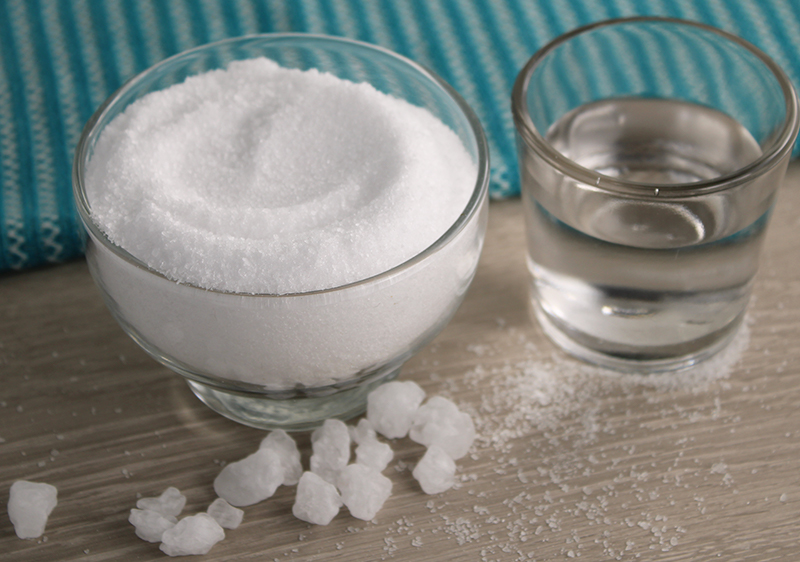
What Does 99.9% Pure or OptiMSM Mean?
You may notice as you go shopping around for an MSM supplement that many brands use the term "99.9% Pure" or "OptiMSM". That's because MSM can be contaminated with heavy metals or various toxins from the DMSO it's made from or in processing facilities.
Some supplements made in China have a notorious reputation for lower-quality control standards. Hence, the "Made in the U.S.A." marketing phrase.
As with any supplement, there are cheaper versions and those of a higher quality. In regard to MSM, one main question is whether it is Distilled or Crystallized.
Distillation is considered to be the best (and only) method for making a 99.9% Pure MSM product, meaning that trace amounts or .1% of the impure residues remain.
The term OptiMSM® designates the Bergstrom Nutrition patented form of MSM and always uses the purified distillation method. It is manufactured in the United States and has received GRAS (General
Recognized as Safe) status.
It can get a bit confusing because the distillation technique still produces MSM "crystals", but it isn't "crystallized". Crystallization is a cheaper method and can trap impurities and concentrate them.
Some manufacturers these days are moving away from the term "crystals" on supplement descriptions, using terms like MSM chunks, flakes or powder.
If you purchase a 99.9% Pure MSM or a product with the OptiMSM® logo, it is always made using distillation and 3rd party tested.
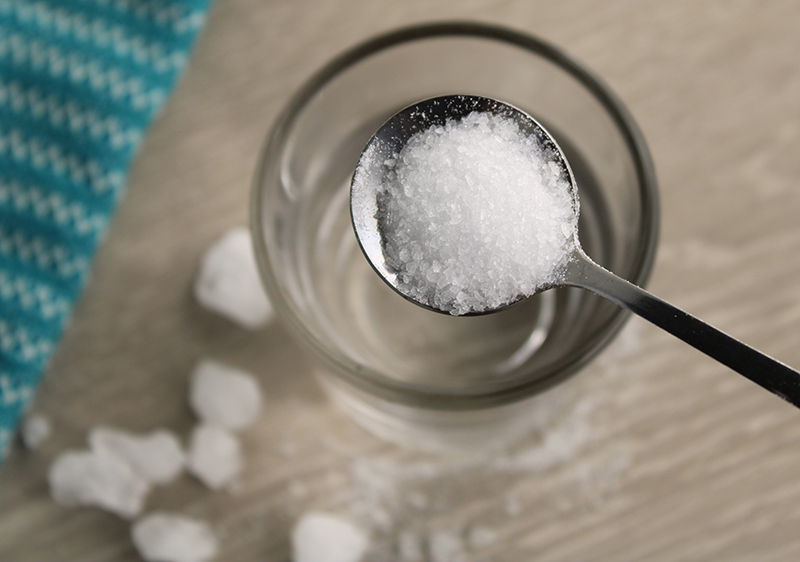
What is Appropriate Dosage?
More conservative doses suggest 1/2 to 1 teaspoon. And we would agree that this is a good amount to start with if you're new to taking it. Slowly increase intake as your body gets used to it and you are not experiencing side effects like stomach upset or gas.
Keep in mind that MSM is best measured in terms of milligrams or grams for complete accuracy because powders can range from coarse to fine. Capsules will specify amount on product labels.
When determining how much to supplement with, other factors should also be considered for finding the appropriate dosage. This may include body weight, current health issues, lifestyle habits and level of physical daily activities.
From most of the product labeling and research information that we came across, 1-2 grams once or twice a day seems to be the average therapeutic amount for mild issues.
About 3-6 grams twice a day is usually considered a higher dose for more major conditions.
Whatever dose you decide to use, don't take it all at once but divide it up throughout the day when the stomach is empty for maximum effectiveness.
What are Other Reasons to Take MSM?
Dietary sulfur is also known as the "beauty mineral" and increased intake can benefit the skin, hair and nails.
A pure quality MSM supplement can also support the body's natural detoxification processes and can help in the production and effectiveness of the "master antioxidant" known as glutathione (GSH).
In some health circles, MSM is believed to act as a "dissolver" for calcification and/or uric acid build-up in the joints, working to dissolve stiffness and improve flexibility.
MSM can likewise enhance the potency of other antioxidants such as vitamin E, C and many other nutrients.
Precautions:
At initial onset of MSM consumption, some people may experience nausea, flatulence and slight detox reactions. Consult your healthcare professional before supplementing with MSM if taking any medications or if you have a serious medical condition. MSM is best avoided if pregnant or nursing.
Shop Related Products (About Affiliates & Amazon Associate Paid Links)
Affiliate Disclaimer: This section contains affiliate product links. If you make a purchase through our recommended links, we receive a small commission at no additional cost to you. Thanks for the support.

